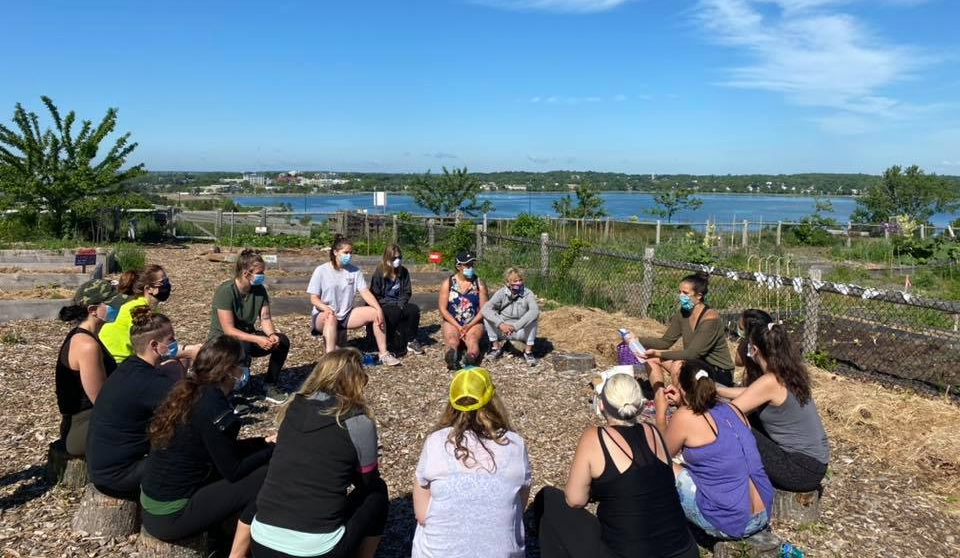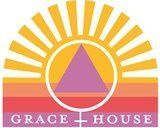Grief in Recovery
Grief is not limited to the loss of loved ones or possessions, it also arises when individuals let go of identities, behaviors, or ways of living that once felt essential to who they were. In the process of recovering from substance use, grief often emerges as individuals confront significant changes in themselves, their relationships, and their worldview. This grief can feel complex, confusing, or unexpected, but it is a natural part of the healing process. As clients begin to separate from substances, environments, or patterns that once served as coping mechanisms, they may experience a deep sense of emotional loss. Understanding and accepting this grieving process can help normalize the emotional journey of recovery. With support, these experiences of loss can lead to new meaning, growth, and deeper connection, including the possibility of offering hope to others on similar paths when the individual feels ready and supported to do so.
Resources
Coping with Grief and Loss
Grief is a natural response to loss. It’s the emotional suffering you feel when something or someone you love is taken away. Often, the pain of loss can feel overwhelming. You may experience all kinds of difficult and unexpected emotions, from shock or anger to disbelief, guilt, and profound sadness. The pain of grief can also disrupt your physical health, making it difficult to sleep, eat, or even think straight. These are normal reactions to loss—and the more significant the loss, the more intense your grief will be. There is no right or wrong way to grieve, but there are healthy ways to deal with the grieving process. These tips can help.
Grief Recovery After a Substance Passing (GRASP)
GRASP was created to offer understanding, compassion, and support for those who have lost someone they love through addiction and overdose. Too many times we suffer not only the death of the person we love, but we become isolated in our grief. We feel, and too many times it is true, that no one understands our pain. But at GRASP, we do. We have suffered this same kind of loss and we have found the love and connection that only those who have lived this loss can give another. And while the pain of this loss will always be with us, we have found through GRASP that we don’t have to walk the road that is our pain alone. We walk it together; hand in hand and heart to heart. Please come, join us. And become a part of the healing community that is GRASP.
Center for Grieving Children
The Center for Grieving Children was founded in 1987 by Portland, Maine resident Bill Hemmens, following the death of his sister. In trying to find help and support for his niece Erin, Bill recognized that children need peers and caring adults to support them through their grief, because death profoundly affects every aspect of their lives. Today, The Center for Grieving Children serves more than 4,000 grieving children, teens, families, and young adults annually through peer support, outreach, and education. Since its founding in 1987, the Center for Grieving Children has served more than 66,000 children, teens, and their families.
Support Groups at Hope Floats
Hope Floats is a bereavement and educational center for adults, children, teens, and their families who are grieving, dealing with illness, or facing other life challenges. Our free support services bring hope and healing to those in need. At Hope Floats we offer free support groups for a variety of losses, helping children, teens, and adults cope with their grief in healthy ways in a safe, confidential setting. Our support groups are led by trained peer facilitators who often have shared experiences. Our Hope Floats team also includes a variety of counselors who are available to support individuals dealing with grief and other life struggles.
Trauma & Recovery
Trauma doesn’t just affect the mind, it can shape how a person sees the world, interacts with others, and copes with stress. While its immediate effects can be overwhelming, long-term healing is possible. Many individuals find that, over time and with support, they’re able to grow from their experiences and build a renewed sense of purpose, strength, and connection. At Grace House for Women, we view trauma survivors with deep respect. We avoid language that labels people as victims, and instead focus on resilience, empowerment, and individualized healing. For many, substance use develops as a way to numb or escape emotional pain. That’s why we believe it’s essential to explore the underlying impact of trauma in a safe, supportive environment. Our program encourages clients to reflect on their coping patterns, including how trauma may have influenced their substance use. When appropriate, clients may choose to integrate this exploration into their Twelve Step work with care and guidance. To support this process safely and effectively, we strongly recommend ongoing clinical therapy with qualified professionals. Our trauma-informed approach emphasizes emotional safety, choice, and trust, allowing clients to heal at their own pace without re-traumatization.
Health Support Resources
At Grace House for Women, we understand that recovery often involves support beyond the walls of our program. With client consent, our team coordinates with outside providers to ensure continuity of care and access to services that support each individual’s healing journey.
We maintain a trusted network of professionals and organizations that offer:
- Psychiatric evaluation and medication management
- Individual and family therapy
- Support for co-occurring mental health conditions
- Women’s therapy groups and trauma-informed counseling
- Specialty services, including eating disorder treatment and grief support
If you or your loved one is in need of any of these services during or after treatment, our clinical staff will provide personalized referrals based on your needs, preferences, and insurance coverage. We aim to ensure every client has access to compassionate, qualified care at every stage of recovery.
For more information about external resources or to request a referral, please speak with a member of our team.
Psychiatrists
| Name | Contact Number | Insurance |
|---|---|---|
| Jennifer Lamb | 207-332-7895 | Yes |
| Susan Martin | 207-808-7353 | Yes |
| Barbara Howaniec | 207-240-8995 | No |
| Maine Behavioral Healthcare | 207-661-0040 | Yes |
Therapists
| Name | Contact Number | Insurance |
|---|---|---|
| Sara Therrien, Deep Empathy Healing | 207-776-4612 | |
| Sara Fowler, LCPC, CADC | 207-329-8009 | Yes |
| Kendra Danse, LCSW | 207-671-5258 | Yes |
| Veronica Gorlovsky, LCSW, CADC | 207-536-4751 | Yes |
| Elizabeth Mahoney, LADC | 207-423-6541 | |
| Christine Drabek, MS, LADC, CCS | 207-808-9975 |
Women's Therapy Groups
| Name | Contact Number |
|---|---|
| Trish Ruggles and Christine Drabek | 207-808-9975 |
Eating Disorder Resources
| Name | Contact Number |
|---|---|
| Crossroads | 207-773-9931 |
| Art of Awareness | 207-799-1331 |






